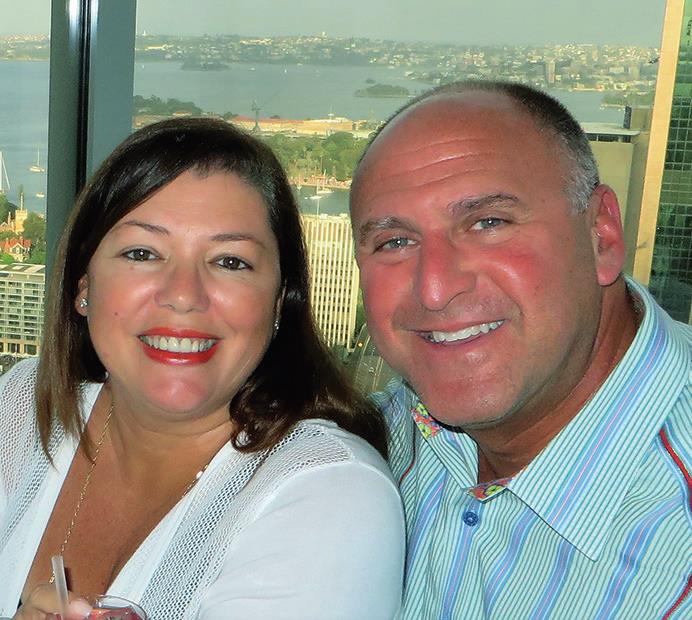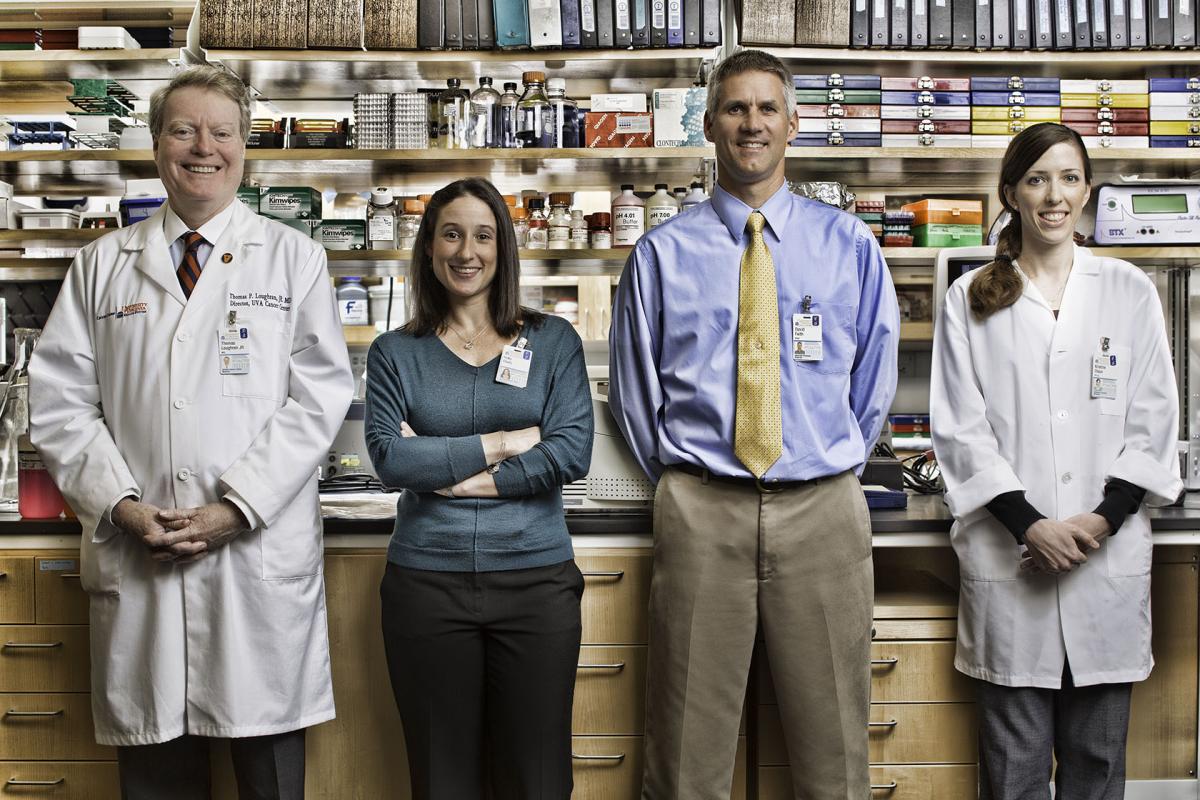Creating Hope and Positive Outcomes
As a successful entrepreneur in the Silicon Valley technology industry, Lane Bess is a hard-charging risk taker who makes things happen. But when doctors diagnosed him in 2011 with large granular lymphocyte (LGL) leukemia—an uncommon and incurable blood cancer—he felt a rare sense of helplessness about his future.
Determined to affect a positive outcome, Bess traveled across the country to seek care and learn more from the man who discovered the disease, Tom Loughran, Jr., MD, director of UVA Cancer Center.
Now, true to his entrepreneurial nature, Bess has found a way to do something productive in hopes of helping himself and others. Bess and his wife, Letty, have given $2 million to position UVA as the world’s premier destination for patients and families seeking innovative treatments for LGL leukemia.
“You can be wildly successful in business and achieve financial freedom, but you can’t buy your health. But just maybe I can help impact the progress toward finding answers and hopefully someday a better treatment or cure,” says Bess, the former CEO of Palo Alto Networks and now an angel investor. “The desired outcome of this investment, first and foremost, is that people will be relieved of a feeling of helplessness and gain a better understanding of the nature of this disease— and how they may receive better treatment for a better life outcome.”
About 1,000 U.S. patients are diagnosed each year with LGL leukemia, a chronic condition in which a person’s white blood cells clone themselves and multiply, attacking the bone marrow and joints. While there is no cure for the disease, many patients like Bess effectively manage their conditions with immunosuppressant therapies such as methotrexate, a drug commonly used to treat rheumatoid arthritis.
Loughran’s research has focused on identifying the genetic changes that drive the development and persistence of LGL leukemia. Thanks to the Bess gift, the team is engaged in comprehensive, whole genome sequencing to identify new targets for future clinical trials and possibly a cure for the disease.
A portion of the funds will be used to enhance the UVA-based National LGL Leukemia Patient Registry, the world’s largest collection of clinical samples and associated patient data for the disease. Data collection of this magnitude will allow UVA to accelerate the pace of research and make connections and discoveries that would not be possible otherwise. A portion of the fund will also help cover travel expenses for likely LGL leukemia patients from other parts of the U.S. who can’t afford to travel to UVA to see Loughran.
In addition, the gift will support the creation of a dedicated web resource responsible for leading patient education, conversation, and activities, providing a forum for individuals with LGL leukemia to communicate with each other—and perhaps feel a little less helpless in the face of their diagnosis. “It’s just fantastic that Lane and Letty have contributed so generously to our work on LGL leukemia, and our research team is very excited,” Loughran says. “This gift has the potential to dramatically impact LGL and leukemia research worldwide and to provide new hope to patients.”


